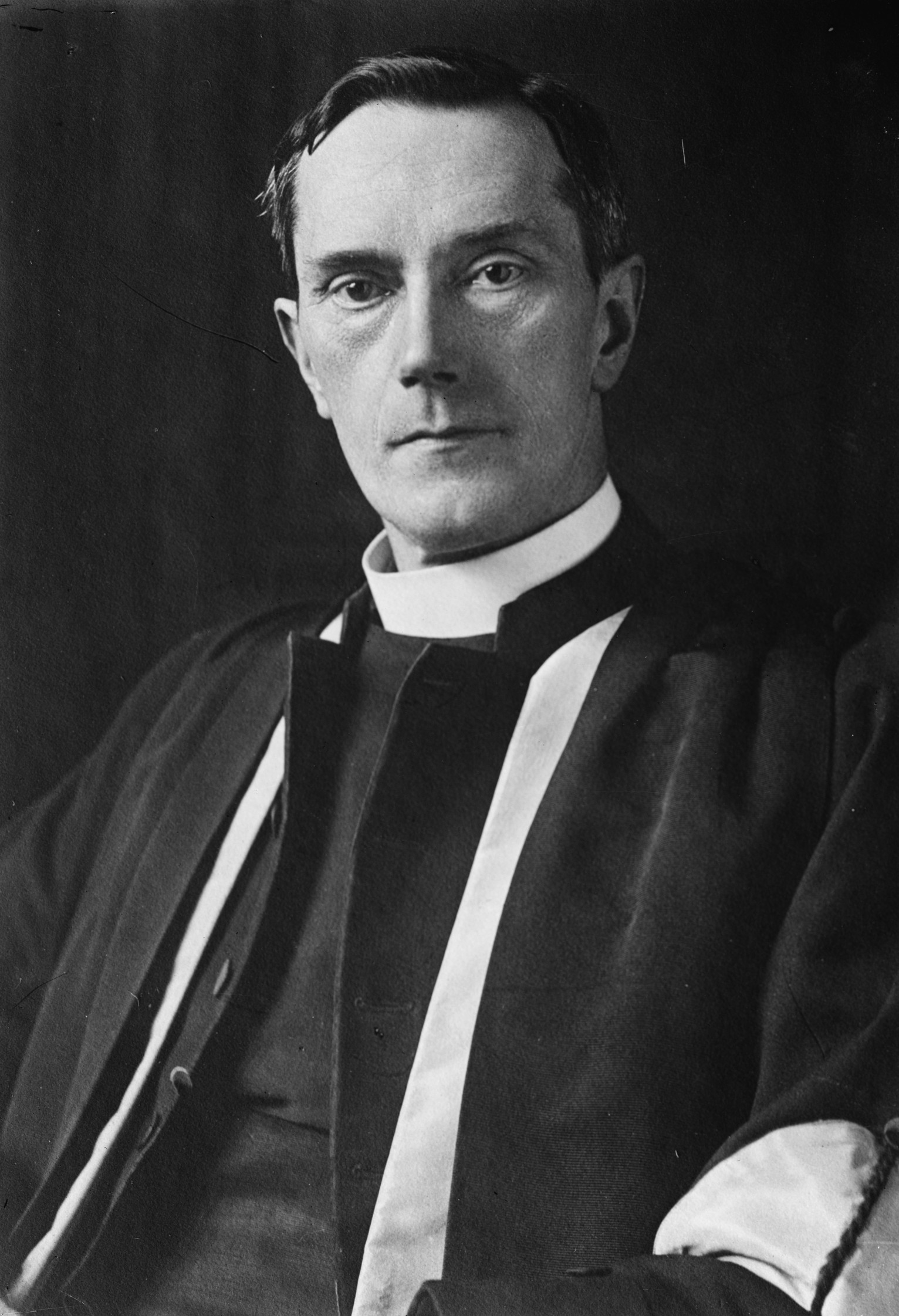Christian Mysticism (1899), Preface
Kontext: The phase of thought or feeling which we call Mysticism has its origin in that which is the raw material of all religion, and perhaps of all philosophy and art as well, namely, that dim consciousness of the beyond, which is part of our nature as human beings. Men have given different names to these "obstinate questionings of sense and outward things." We may call them, if we will, a sort of higher instinct, perhaps an anticipation of the evolutionary process; or an extension of the frontier of consciousness; or, in religious language, the voice of God speaking to us. Mysticism arises when we try to bring this higher consciousness into relation with the other contents of our minds.
